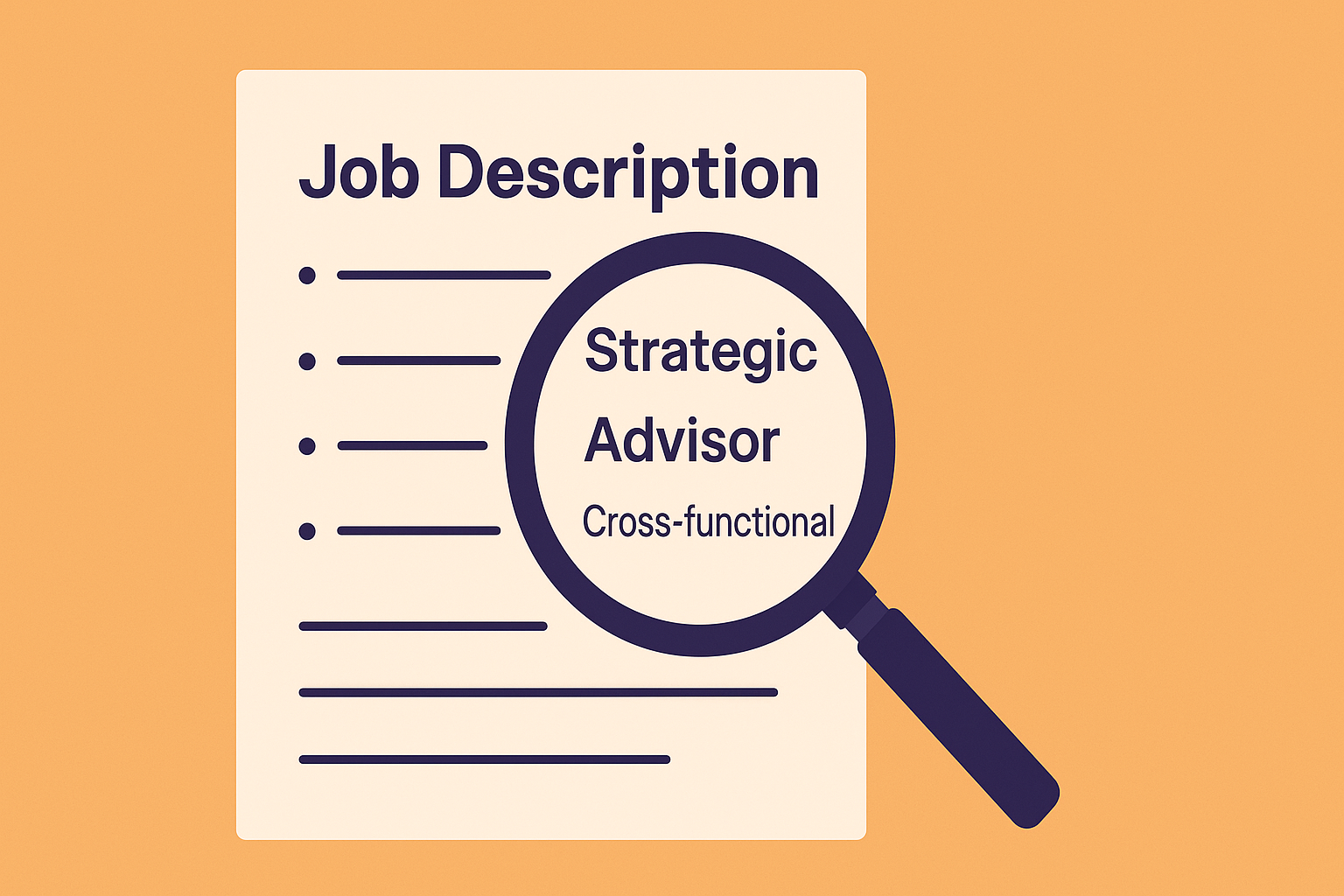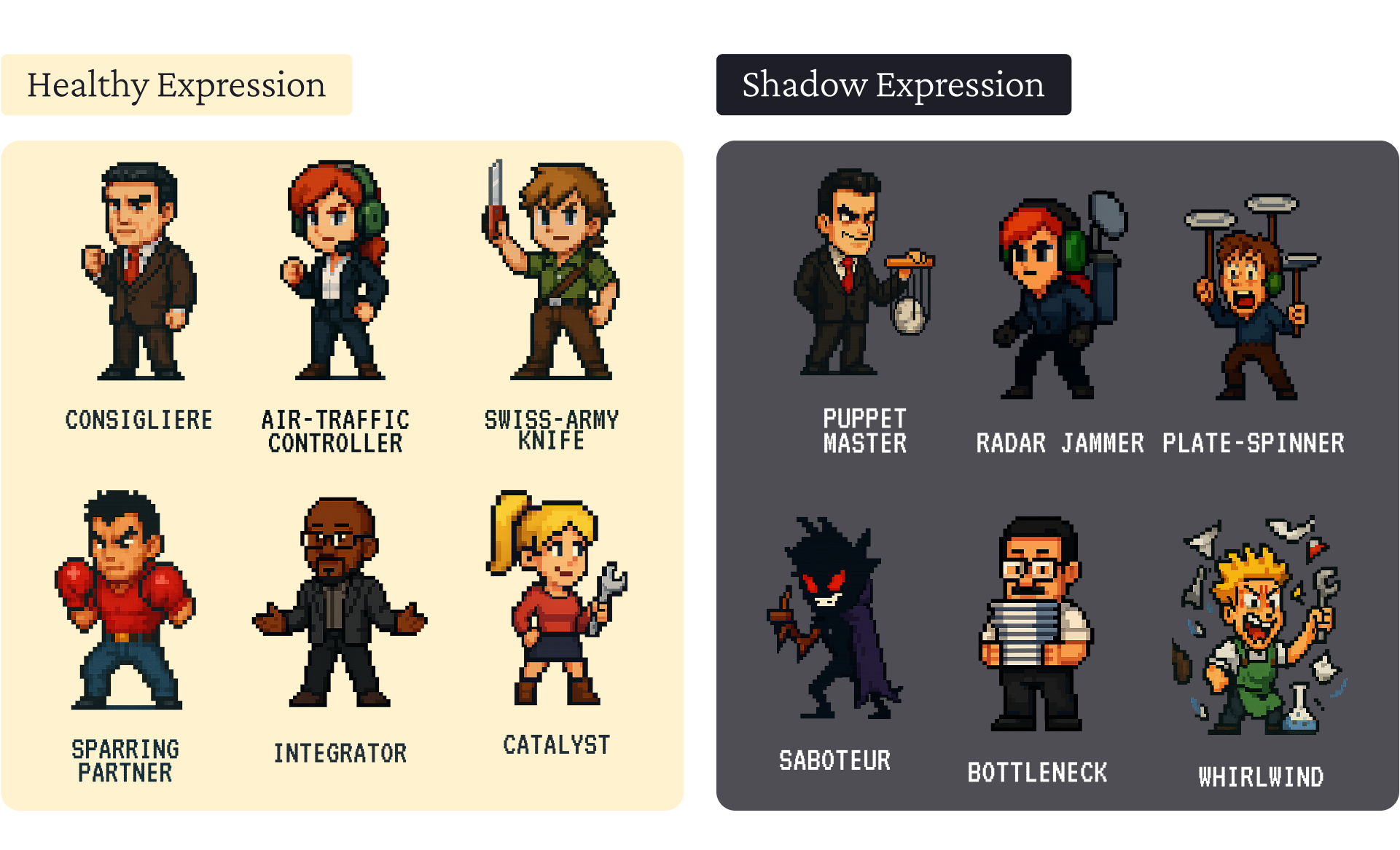Initially published at Useful / Beautiful by Kate Thompson.
Hi! Have you been practicing being alive? Experiencing the day instead of viewing it as something to get through?
Energy shifts
I didn’t set out to write about what is most alive for me when I started this Substack one year ago… but that’s pretty much what the posts have been. Almost immediately after launching, I found out I might have breast cancer, later confirmed that I did have cancer, and spent the next year grappling with what the universe was sending me. I had to express, to make whatever this thing is that I’ve been making. It was for me.
Maybe it’s the year mark, my most recent surgery, sobriety, or something invisible, but my energy is shifting. Part of it is that I’m working more. What’s alive for me is often what’s alive for my coaching clients as I help them navigate sticky situations. But the energy came first. It’s why I’m even able to work more.
I’m feeling a renewed sense of dedication to my business, finding those whom I can best serve. So I’m going to shift down the value pyramid a bit and sprinkle in bits of practical advice alongside the higher-level perspective broadening concepts that replenish my sense of curiosity.
I promise I’ll still write about what’s alive and real for me, but the tone might change. A little less I don’t know what the hell is happening and more I actually do know some things that might help you.
I won’t step completely out of the present moment. Being alive to what’s here and now has been so helpful to me this past year, and I think it’s helpful to you too. Even now, you’re reading on a screen, maybe scrolling email or Substack.
Actually, that gives me an idea. Do you want to do a quick present awareness exercise?
Here’s what you can do:
- Close your eyes for a few seconds.
- Relax your jaw.
- Relax your shoulders.
- Feel your feet. What are they touching?
- Feel your hands. What are they touching?
- Take a deep breath in through your nose, then out through your mouth. Repeat 3 times.
- Open your eyes.
You’re present! Yay.
Before we continue, can you think of someone who has done something kind, useful, or beautiful for you this week? If so, consider sending them a thank you text/email/etc.
I say this because I received a wonderfully uplifting note from an acquaintance thanking me for what they called “one of the best emails I’ve ever received.” They claimed my “advice is incredibly helpful and it immediately made me look smarter around here.”
So I thought I’d share what I wrote. Maybe it will help you look smarter around wherever you are. #humblebrag
When you have to share difficult news
Hi Kate, We are demoting a well-liked person and I need to figure out what to say when I inform the team. Do you have any advice? - Anonymous
Hi, Anonymous.
Mark Twain supposedly said, If I'd had more time, I'd have written a shorter letter. That's me today.
Off the cuff, your note makes me think of facts vs stories.
For example, “Jane had been operating with an executive title. She now has a VP title and different responsibilities”. Those things are facts.
“Jane was demoted” is a story. Stories are how we try to make sense of the facts. They are not “true” in the sense that they are not facts. They are subjective interpretations. As the person responsible for communicating the news, you get to choose what facts to share and what kind of story to tell about “why” those facts are happening.
Things you might consider when crafting the messages:
People change, the market changes, the organization needs to change. Change is inherent. But change feels bad because humans want certainty, to be able to predict the future, to know what is going to happen. What kind of certainty can you give these folks? But don’t lie. Even if the only certainty you can give relates to the intentions of the leadership to create a supportive, non-toxic, agile, inclusive work environment (just examples). Bring it back to the organization’s values.
This person’s job change isn’t a bad thing. “Bad thing” is a story, and it’s not useful here. That person brings certain skills and energy that are needed in a different place. In theory, if they weren't needed at all, they'd have been let go, not demoted. Status changes, especially lowering status, makes people uneasy. We want to know everyone’s place in the pecking order. People start wondering “can my status be lowered like that?” or “That person used to protect me. Can they still? Will I be safe? Will I be allowed the same autonomy/privilege/etc I had yesterday?” Those are examples. What might those folks think/worry about? Are you sure, or are you making an assumption based on how you'd feel? How might you be better informed about what they care about before you communicate anything crucial?

People are going to feel however they’re going to feel. Their safety/security is wrapped up in so much more — their life situation, the underlying beliefs they have, how they were raised, etc. You can’t make them feel a particular way. A lot of people get caught up in “controlling the message”. There’s a truth to that (which story to tell), but the message sent isn’t always the message received, and folks are going to read into whatever you say, see life through their own filter, their perspective.
I suggest that your goal be to support them through the transition, not pacify or make them feel a certain way. Smart people (most people) will smell any attempt to manipulate them. Not saying that’s your intent. Some leaders have a lot of fear and desire for control, which can lead to less-than-effective communications.
Supporting your people means showing, not just telling, that you’re there for them, to help them be successful given the new situation. How might you/leadership show them? Some examples: Regular 1:1s, open office hours, anonymous feedback opportunities, share changes based on feedback so they know feedback was actually heard and acted upon, etc.

Messaging ideas
We did this because...
- Some metric/market number we care about. (fact)
- We'd like to try something we haven't tried before. (story)
- We've got new goals. They are XYZ. (fact)
- We think this person's skills are needed more in this other area. (story)
- We're bringing in a new person. (fact)
- We think this will help us achieve XYZ. (story)
- We can't do this alone. We need your help. (story)
- Are you willing to help? Let's talk about what that might look like... (request)
I highly recommend making requests and agreements, rather than having expectations. Don't tell someone “We expect you to _____”. Instead, ask “Will you ______?” If their answer is no, create a dialogue with them. “Tell me what you’d need to be able to agree to that? What might I do? What might you agree to instead?” That is powerful stuff.
Good luck!







.avif)
.avif)








